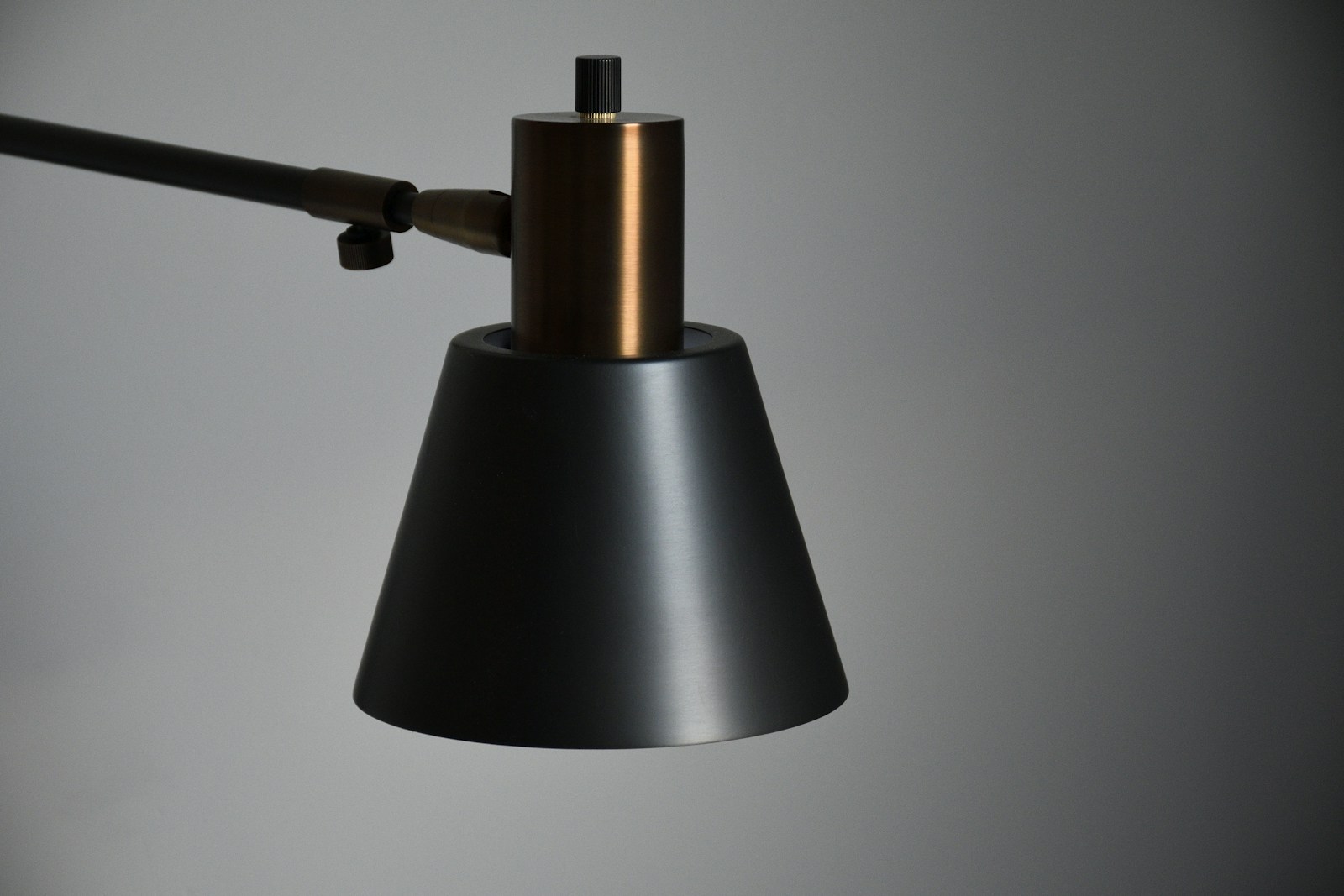
精确
jīng què

exact
The Chinese word '精确' is an adjective that can be used to describe the characteristic of being precise or exact. It can be used in a similar context as 'exact' in English, often to represent accuracy or precision in numerical, factual or technical description.
Example sentences using: 精确
我需要精确的坐标。
wǒ xū yào jīng què de zuò biāo.

I need exact coordinates.
'精确' here is used to express the need for exact coordinates.
他的射击非常精确。
tā de shè jī fēi cháng jīng què.

His shooting is very precise.
'精确' in this sentence is used to describe how precise the individual's shooting is.
这个理论需要精确的证明。
zhè gè lǐ lùn xū yào jīng què de zhèng míng.

This theory needs precise proof.
In this sentence, '精确' describes the type of proof that's required for the theory.
他的工作精确无误。
tā de gōng zuò jīng què wú wù.

His work is accurate and correct.
Here, '精确' highlights the level of precision and accuracy present in the individual's work.
我们的结果需要精确的计算。
wǒ men de jié guǒ xū yào jīng què de jì suàn.

Our results need precise calculation.
In this example, '精确' speaks to the precise calculation required for obtaining the results.
你的答案要精确。
nǐ de dá àn yào jīng què.

Your answer needs to be precise.
This sentence requires '精确' to call attention to the precision required for the answer.
这次实验需要精确的数据。
zhè cì shí yàn xū yào jīng què de shù jù.

This experiment needs precise data.
'精确' in this context is used to stress on the need for precise data in the experiment.
设备精确制造。
shè bèi jīng què zhì zào.

The equipment is manufactured with precision.
In this sentence, '精确' describes the method of manufacturing the equipment.
我们必须精确地计划。
wǒ men bì xū jīng què de jì huà.

We must plan precisely.
Here, '精确' emphasizes how precisely the planning must be conducted.
精确度是一个重要的标准。
jīng què dù shì yī gè zhòng yào de biāo zhǔn.

Accuracy is an important standard.
In this context, '精确' refers to the concept of accuracy when comparing standards.